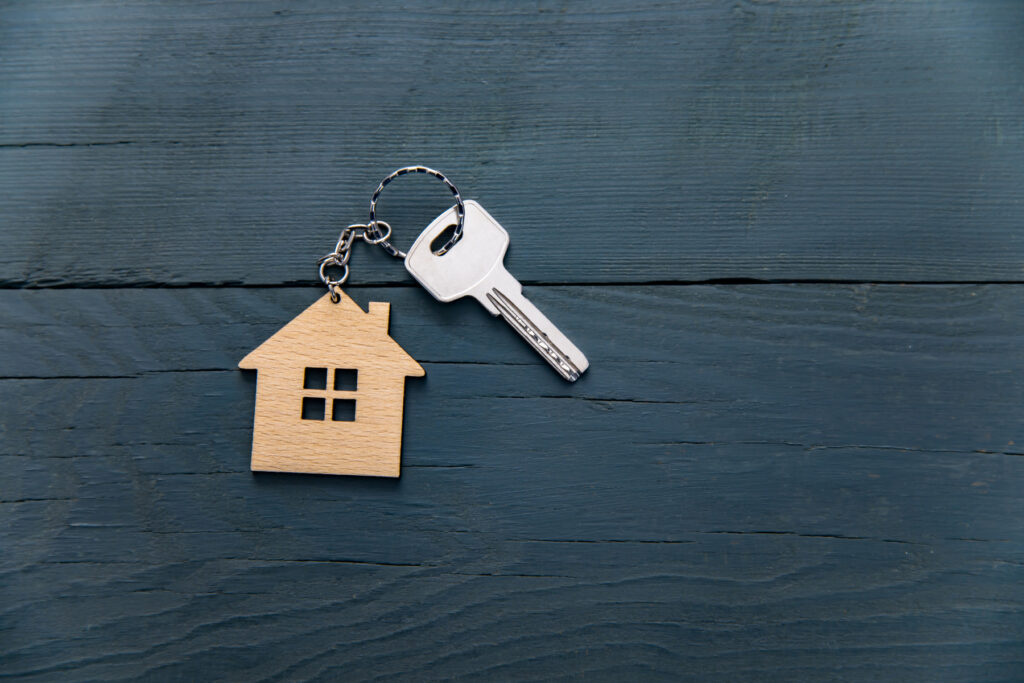Landlord Policies
If you rent out a home that you own, landlord insurance can protect you from financial losses. This type of coverage normally covers any physical property related to the home that you are renting out. This includes the dwelling itself and any equipment you keep on-site to maintain it.
FREE Consultation
By clicking the button and submitting this form, I agree that I am 18+ years old and agree to the Privacy Policy and Terms and Conditions. By clicking the button and submitting this form, I provide my signature giving express consent to receive marketing communications via automated telephone dialing systems, artificial or pre-recorded voices, emails, live phone calls, pre-recorded calls, postal mail, text messages via SMS or MMS and other forms of communication regarding offers Life Insurance, Final Expense, Medicare, Health Insurance, Home/Auto Insurance or other products from Insured for Life or from our marketing partners and agents to the number(s) and/or email I provided, including a mobile phone, even if I am on a state or federal Do Not Call and/or Do Not Email registry. The list of companies participating are subject to change. Message frequency varies and represents our good faith effort to reach you regarding your insurance inquiry. Message and data rates may apply. Text HELP for help or text STOP to cancel. I understand that my consent to receive communications is not a condition of purchase and I may revoke my consent at any time.

What Are Landlord Policies?
In your landlord policy, the following will be covered:
- The dwelling – This helps pay for repairs that are needed in your rented home, condo, or apartment if it is damaged by covered perils.
- Other structures – If there are other detached structures on the property of your rental, those are covered too.
- Personal property used to service the rental – If you leave a snow blower onsite to maintain your rental property, landlord insurance will help cover that equipment if it gets damaged. Smaller items often aren’t covered.
Landlord Liability Protection
There is a liability portion in most landlord policies. This portion of your coverage helps pay for medical bills or legal expenses if someone else is injured on your rental property and you are found to be responsible.
For example, if a tenant falls down the stairs and a court determines that you failed to properly maintain the stairs, you may be required to pay the tenant’s legal and medical bills, as well as other costs. Landlord coverage would help you pay those costs, up to the plan’s limits. For liability claims, you don’t have to pay a deductible usually.
Additional Landlord Coverage
Additional coverage may be necessary depending on your geographic area, the condition of your rental, and the type of neighborhood you live in. Additional coverage options include:
- Vandalism – This type of coverage will help you pay to repair vandalism damage.
- Burglary – Standard homeowners insurance only helps pay for repairs to your property. It won’t cover items stolen in the break-in. Burglary coverage will protect the items you keep on your property.
- Rental property under construction – If you are gutting or renovating the property, additional coverage can be purchased to protect the structure until it’s ready to be occupied.
- Building codes – You can also purchase coverage that helps reimburse you for the cost of repairs that must be done due to changes in building codes. For example, if you are required to upgrade wiring or ventilation, this coverage will pay some of the cost.
Protect Your Property
Even though you aren’t living in your rental, you still need to protect it from damage. Landlord insurance will ensure that you don’t end up paying too much out-of-pocket for damage that occurs on your property. To start searching for an appropriate plan, contact Insured For Life today.

